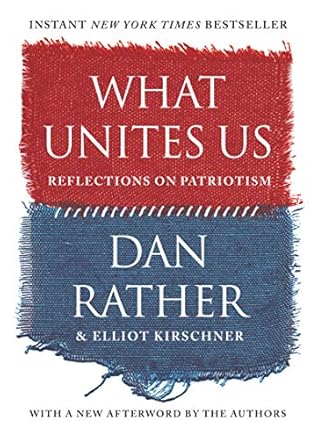More on this book
Community
Kindle Notes & Highlights
It’s tragic that those with the strongest ancestral tie to the land, the Native Americans, have so bitterly felt the chasm between the soaring words of our Declaration of Independence and Constitution and the harsh reality of governmental policy. When tribes gathered to protest the oil pipeline at the Standing Rock Indian Reservation, the strength of the grievance was as much rooted in centuries of persecution as it was in the pipeline itself.
It is important not to confuse “patriotism” with “nationalism.” As I define it, nationalism is a monologue in which you place your country in a position of moral and cultural supremacy over others. Patriotism, while deeply personal, is a dialogue with your fellow citizens, and a larger world, about not only what you love about your country but also how it can be improved. Unchecked nationalism leads to conflict and war. Unbridled patriotism can lead to the betterment of society. Patriotism is rooted in humility. Nationalism is rooted in arrogance.
Patriotism—active, constructive patriotism—takes work. It takes knowledge, engagement with those who are different from you, and fairness in law and opportunity. It takes coming together for good causes. This is one of the things I cherish most about the United States: We are a nation not only of dreamers, but also of fixers. We have looked at our land and people, and said, time and time again, “This is not good enough; we can be better.”


